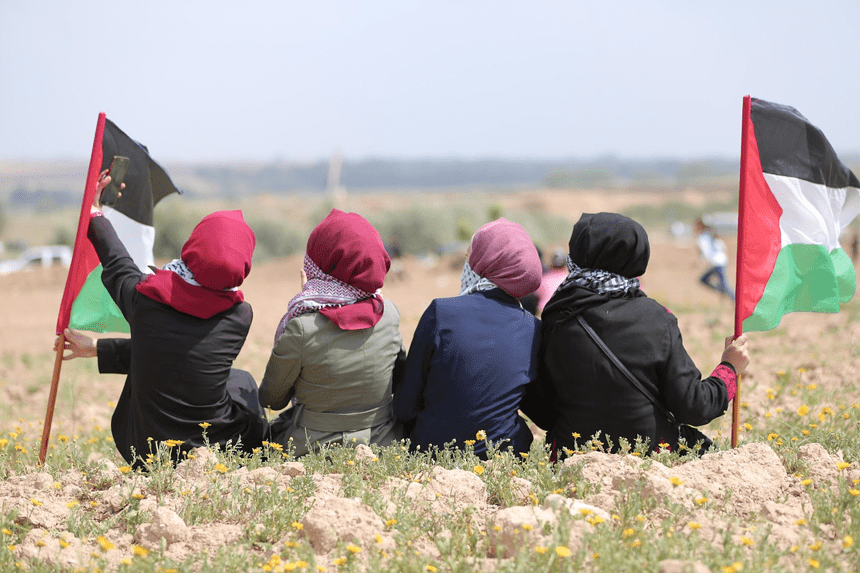Australian Prime Minister Anthony Albanese has made a big diplomatic move by saying that Australia will officially recognize Palestinian statehood at the United Nations General Assembly in September. Other countries, like the UK, France, and Canada, have made similar decisions. After talking with leaders from other countries, Albanese’s announcement is framed as an important step toward finding a long-term solution in the Middle East.
Albanese stressed that the Palestinian Authority (PA) has made important promises, such as demilitarizing, holding democratic elections, and continuing to recognize Israel’s right to exist. He said that a two-state solution is still the greatest way for Palestinians to end the violence and suffering in Gaza. This shows that Australia strongly supports the right of the Palestinian people to choose their future.
Why is Australia starting to recognize the statehood of Palestine?
After carefully considering the Palestinian Authority’s promises, the decision to acknowledge Palestinian statehood was made. Prime Minister Albanese said that the PA’s promise to keep Hamas out of any future state was very important in making this move possible. Australia wants to help bring about peace in the Middle East and support a wider international movement for a two-state solution by recognizing Palestine as a state.
Palestinian President Mahmoud Abbas’s promise also gave people hope that future state governance would be based on a peaceful and democratic process. Albanese said that this was a chance for Australia to engage with other countries to make things better. Here is the link to our article on the Palestinian filmmaker arrested.
What has Israel done in response to the move?
Israel has firmly opposed recognizing Palestinian statehood, saying that doing so would reward terrorism and make it harder to make peace. Israeli leaders, notably Prime Minister Benjamin Netanyahu, have spoken out against countries like Australia and several European countries for how they feel about Palestinian statehood. In Netanyahu’s opinion, these countries were not seeing the issue for what it really was and were making the wrong decisions.
Israel is being criticized because it thinks that recognizing a Palestinian state will help Hamas, which it sees as a terrorist group, achieve political legitimacy. The Israeli military assault in Gaza, which started after Hamas strikes, has caused a lot of damage and death, making it even harder to talk about peace.
What do other countries think of Australia’s choice?
Australia made its choice after talking with leaders from the UK, France, New Zealand, Japan, and other countries. Albanese stressed that there is a unique chance to assist in bringing peace to the Middle East right now, and Australia is determined to help make the most of it. Some countries are happy with the decision, but others, especially the U.S., have doubts.
Under Vice President JD Vance, the United States restated its position against recognizing Palestinian statehood, saying it was worried about the lack of a functioning government in Palestine. The U.S. says that recognizing Palestine now would give Hamas a victory and hurt the peace process. Here is the link to our article on Palestine Rights Activism.
What does this action mean for the Palestinian cause?
The Palestinian Authority sees Australia’s recognition of it as a state as a very important step toward gaining credibility on the world stage. The United Nations already calls Palestine a “permanent observer state,” but it still doesn’t have the power to vote. Australia’s recognition will add to the growing list of countries that support Palestinian statehood. There are now 147 UN member states that do so.
But for the Palestinian people, this recognition may not change things on the ground right now, especially because the ongoing conflict with Israel is still hurting millions. Even though it has been recognized, the situation in Gaza is still bad, with more deaths and a humanitarian crisis made worse by military operations.
Final Thoughts on Recognizing Palestinian Statehood
The UN General Assembly’s decision to acknowledge Palestinian statehood is a turning point in the Middle East peace process. People consider this decision as a step toward recognizing Palestinian self-determination, but it also makes things worse between Israel and the countries that want peace. This choice could help move things toward a two-state solution, but it will take ongoing international diplomacy and collaboration to keep the peace in the area.








